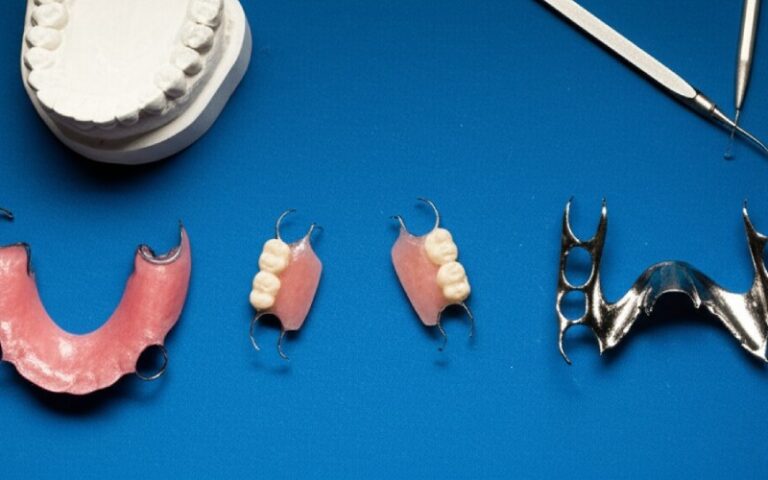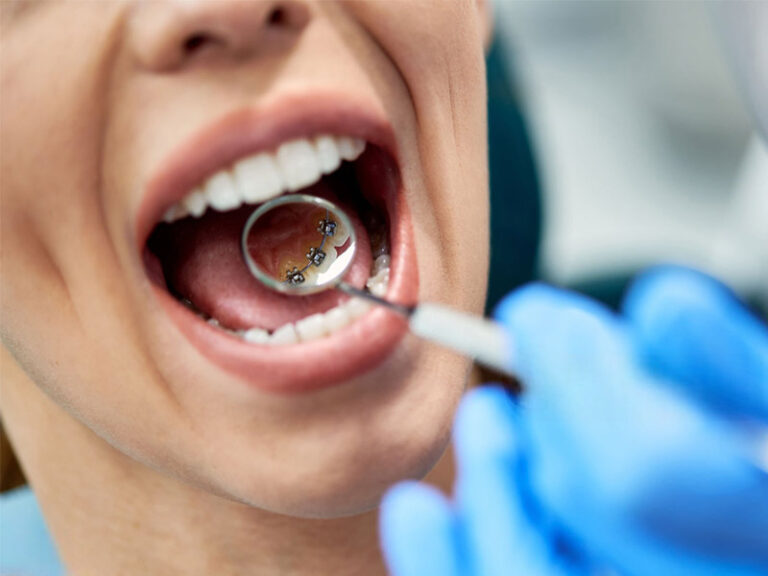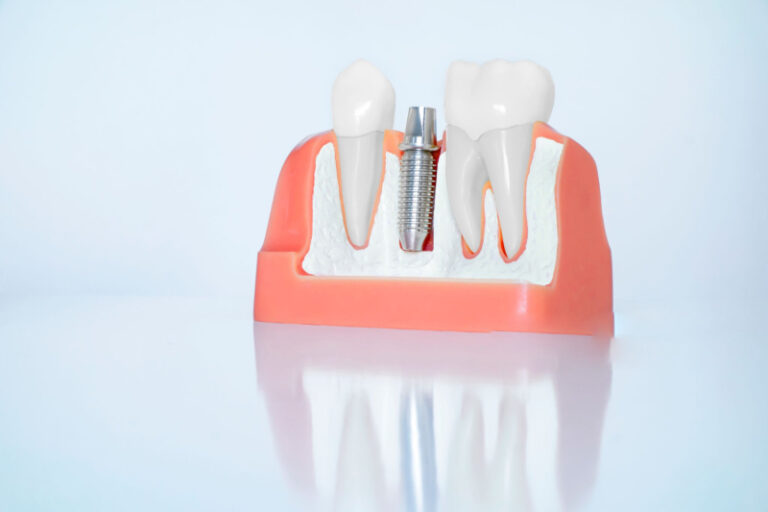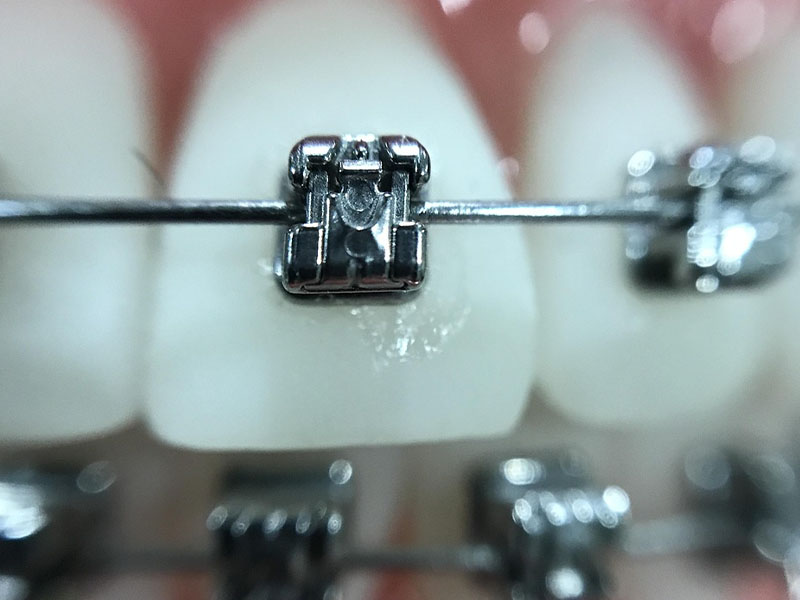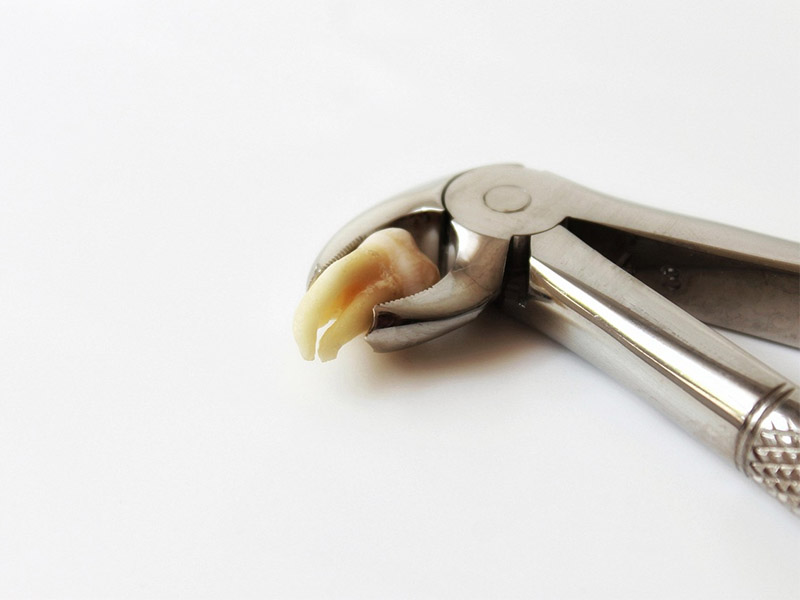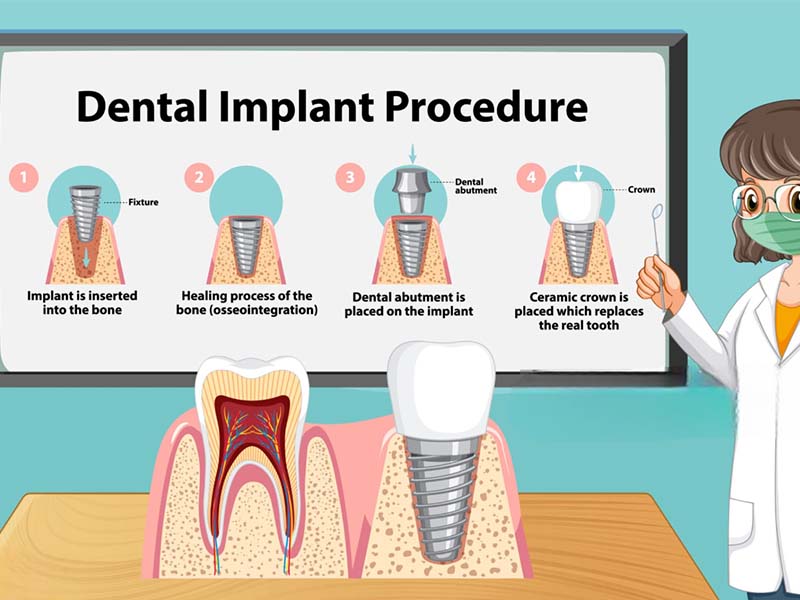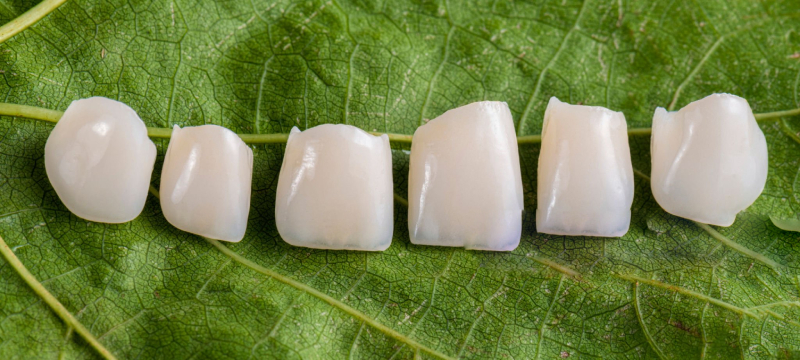
Your Dental Office’s Guide to Public Health and Oral Health Education
he best businesses do more than just sell a product or service. They teach. For a dentist, this means teaching about oral health. Your dental practice can be a leader in your community. You can help people have healthier teeth and gums. This article will show you how. It gives simple, clear steps your dental office can take. These steps will support oral health education and improve public health for everyone.
Table des matières
Why Should Your Dental Practice Care About Public Health?
When a dental practice gets involved in public health, it does more than just clean teeth. It builds trust. It shows you care about the health and well-being of the whole town, not just the people in your chair.
This way of thinking changes everything. Your dental practice becomes a resource for good oral health information. Good oral health is a big part of overall health. When people in your community have better oral health, they have better health outcomes in general. This focus on the community is a key part of modern dentistry. It helps everyone and it helps your dental practice grow a strong name. It is a win-win situation.
What Is Dental Public Health Exactly?
Some people think this sounds complicated. It’s not. Dental public health is simply a special form of dental practice which serves the community. It is the science and art of preventing and controlling dental disease. The focus is on the whole community as the patient rather than the individual. It’s about promoting dental health through organized community efforts. Think of it like this: in your clinic, you fix one person’s tooth decay. In dental public health, you work to prevent tooth decay for a whole neighborhood.
This field uses many tools. It includes the administration of group dental care programs as well as the prevention and control of dental diseases on a community basis. It is about working to improve the oral health status of all people. It is a big job. But your dental team can be a part of it. This work helps reduce disparities in oral health. It gives every person the opportunity to achieve good oral health. It is a vital part of the entire healthcare system.
How Can You Start Health Education in Your Own Clinic?
The easiest place to start is right in your own dental offices. You are already a trusted source of information. Your patients listen to you. You can create easy-to-read educational materials. Make flyers about the importance of oral health. Explain how to brush and floss the right way. Talk about how a healthy diet helps prevent decay.
Your dental team, from the dentist to the hygienist, can make this a priority. Spend a few extra minutes during each visit on oral health education. This is excellent patient care. A hygienist can show a child the right way to brush. A dentist can explain to a parent how fluoride helps make teeth strong. Simple actions like this improve oral hygiene one patient at a time. This focus on preventive care is the foundation of good dentistry today.

Can School Partnerships Improve a Community’s Oral Health?
Yes, they absolutely can. Schools are the perfect place to teach children about oral health practices. You can partner with local schools to provide school-based dental screenings. These check-ups can find dental problems early. This helps children get the necessary dental care they need before the problems get worse.
This type of community outreach can make a huge difference. Your dental team can give talks at school assemblies. You can provide tooth brushing kits. You can also teach about dental sealants, which are a great way to prevent dental caries in children. Preventing and controlling dental problems early is a key public health measure. This kind of program is a great way for your dental practice to support local communities.
What is the Role of a Dentist with Local Health Departments?
Your local health departments are important partners. They are already working to improve local health. As a dental professional, your knowledge is very valuable to them. You can work with them on policies that improve access to oral health care. For example, you can support community water fluoridation. This is one of the best public health tools we have to prevent decay.
Reach out to your local oral health program director. Offer your help. You can serve on a board or a committee. Your dental knowledge can help guide their efforts. Dentists play a big role in shaping local and national health policies. Working together, you can improve the oral health of your entire community.
How Can You Make Dental Care More Accessible to Everyone?
Many people do not get the dental care they need. Sometimes it is because of cost. Sometimes it is because they live too far from a dental clinic. Your dental practice can help improve access to dental care. One way is to offer flexible payment plans. Another idea is to dedicate certain days or hours to providing low-cost preventive services, like cleanings and screening exams.
You can also partner with community groups to create community dental clinics. These clinics can be set up in community centers or other non-dental locations. This helps you reach people where they are. The goal is to make dental care more accessible, especially for the underserved. When you help people get oral health services, you improve their lives. This is a powerful part of dental public health.
Are Community Events a Smart Way to Promote Dental Health?
Community events are a fun and effective way to connect with people. Your dental team can set up a booth at a local health fair, a farmer’s market, or a town festival. This is a great way to do community outreach and oral health promotion. You can offer free oral health screening checks. You can hand out toothbrushes and floss.
At these events, you can talk to people in a relaxed way. You can answer their dental questions. This helps build trust and shows that your dental practice is part of the community. This kind of health promotion can prevent dental disease. It gets people thinking about their oral health. It is a simple initiative that can have a big impact on public health.
What Can Applied Dental Research Tell You About Your Community?
Data is your friend. It is great to use data to make smart choices. Applied dental research can help you understand the specific oral health needs of your community. You don’t need to be a scientist. You can start by looking at local data. Your local health department often has information on things like decay rates in children or the number of adults who have lost teeth.
This dental research helps you focus your efforts. If you learn that many seniors in your town have dental problems, you could create an oral health initiative for them. If you see high rates of dental caries in one area, you could focus a school-based dental program there. This information helps you use your resources wisely to improve oral health outcomes. It’s a key part of disease control and prevention.
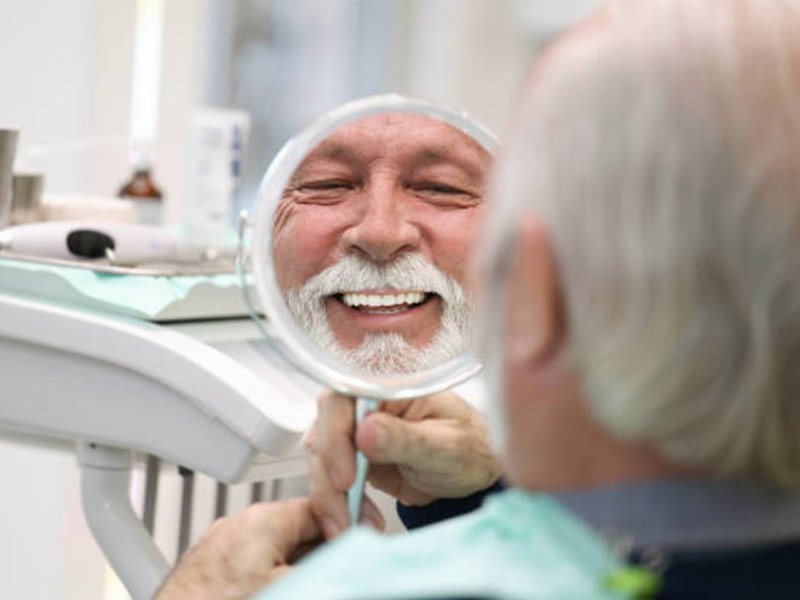
How Do You Reach Underserved Communities with Oral Health Messages?
Reaching underserved communities is at the heart of dental public health. These groups often face the biggest barriers to good oral health. To reach them, you need to build trust and work with community partners. These partners can be leaders at churches, community centers, or social service groups. They already have relationships with the people you want to help.
Work with these partners to share your oral health message. Provide simple educational materials in different languages. Offer free dental screenings at places they already visit. It’s about meeting people where they are, with a message of care and support. This work helps close the gap in oral health disparities. It ensures that everyone has a chance for good hygiene and a healthy smile. These oral health initiatives are critical.
What is the First Step to Launch Your Own Oral Health Initiative?
Starting something new can feel big. My advice is to start small. You do not need to solve every oral disease at once. Pick one idea. Maybe it is creating a new patient welcome kit with oral hygiene tips. Maybe it is calling one local school to offer a talk on dental health. The first step is the most important one.
Your dental practice which serves the community has a unique opportunity. You have the skills and the knowledge to make a real difference. An initiative does not need to be expensive or complicated. It just needs to be thoughtful and consistent. Promoting dental health through organized community efforts starts with one person, one idea, one action. That person can be you. This work offers great job opportunities for your team to grow and feel proud of their impact.

